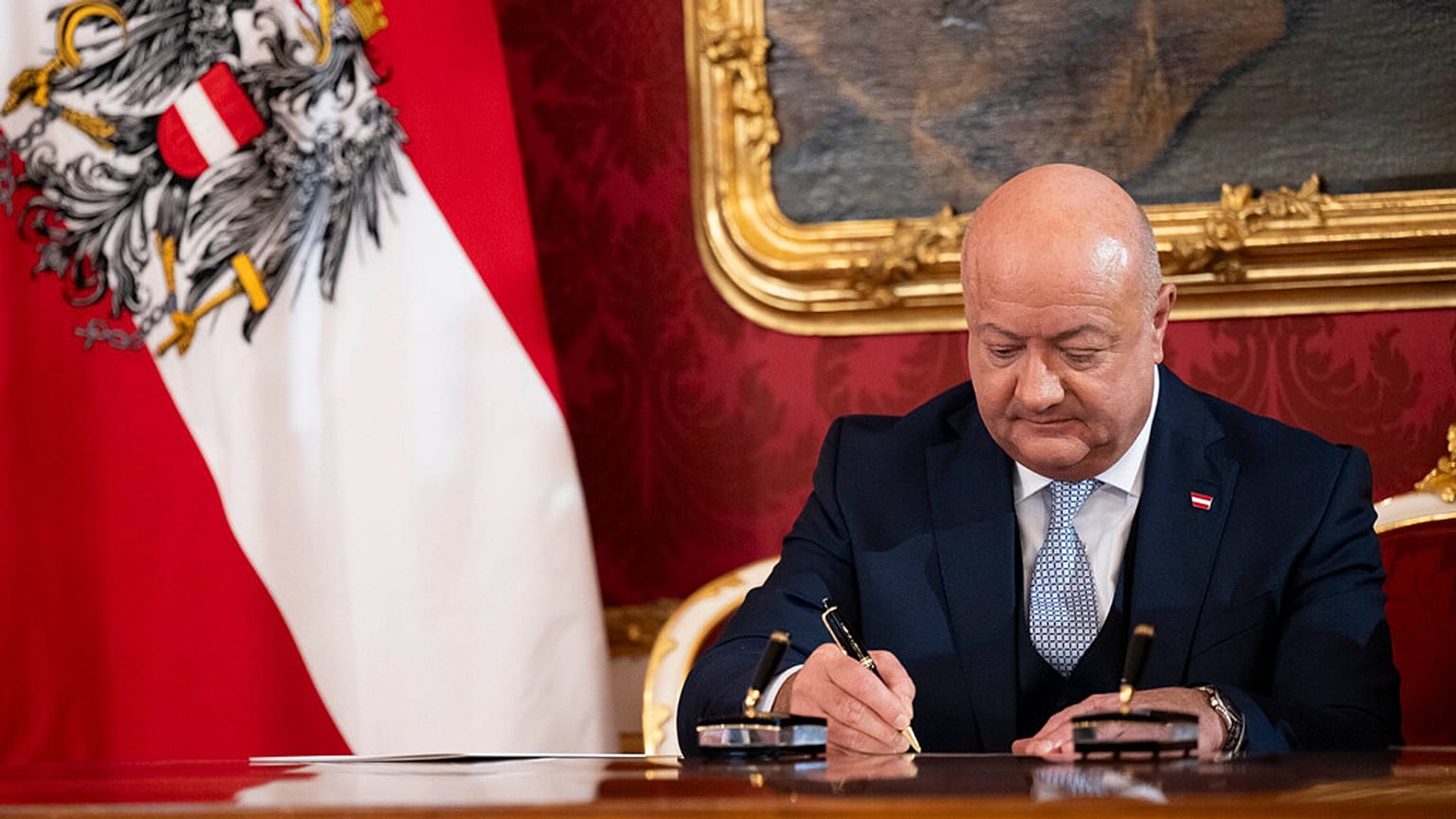Vienna's three-party coalition announced their aim on Wednesday to prevent close relatives of asylum seekers from joining them in the country.
Austria's three party coalition agreed on Wednesday that it would temporarily halt family reunification procedures for migrants — a legally controversial move critics say is a violation of common European asylum law.
The country's new three-party coalition between the centre-right People’s Party, the centre-left Social Democrats, and the liberal Neos announced they decided on the measure, which is to be passed through parliament as soon as possible.
Chancellor Christian Stocker justified the proposal by pointing at Austria's social services, which he claimed were under strain.
“Austria’s capacities are limited, and that is why we have decided to prevent further overloading,” Stocker said, adding the measure was temporary.
The new measure means that migrants with so-called protected status — meaning they cannot be deported — are no longer allowed to bring family members still living in their home countries to Austria.
Official figures show that 7,762 people arrived in Austria last year as part of family reunion procedures for migrants. In 2023 the figure was 9,254. Most new arrivals were minors.
Interior Minister Gerhard Karner said that only 60 applications for family reunification were received in February — likely because most applications from Syrians have not been processed due to a change of power in Damascus.
Nevertheless, Stocker said, "If we keep waiting for the numbers to be as high as in the past, we will never achieve prophylaxis."
Migrants who are still in the asylum process or have received a deportation order are already not allowed to bring family members from their countries of origin.
Most recent asylum seekers came from Syria and Afghanistan, the Austrian chancellery said in a statement.
Critics say the plan is a violation of common European asylum law and the European Convention on Human Rights.
It would involve invoking the EU's emergency clause, which stipulates that national law could take precedence over European law in the event of a threat to public order and internal security.
Austria's government said it had already informed the EU of the planned measure. Last week, Karner argued in a letter to the EU Commission that the proposal was necessary as housing, health, and education sectors in Austria were overburdened.















